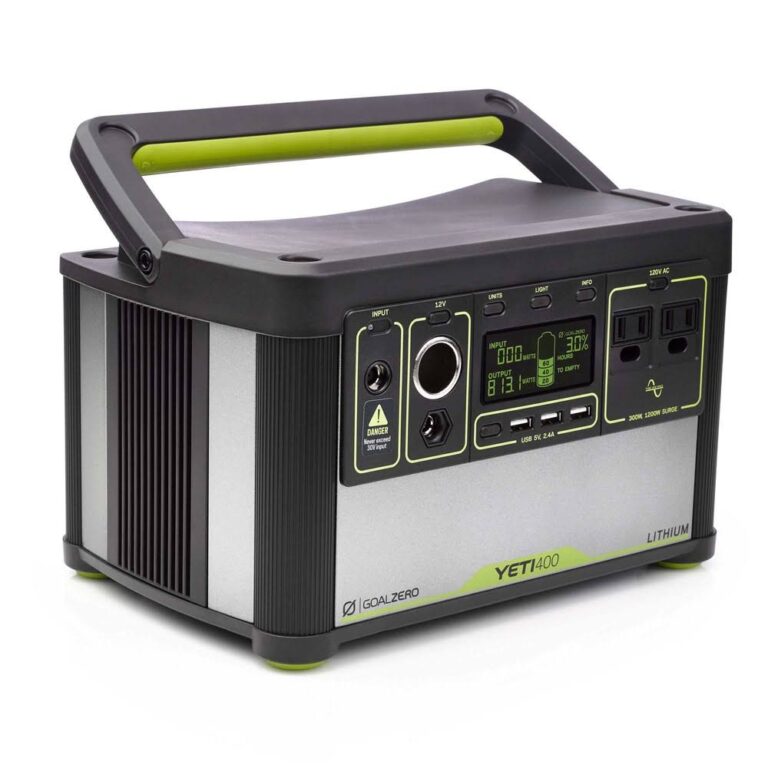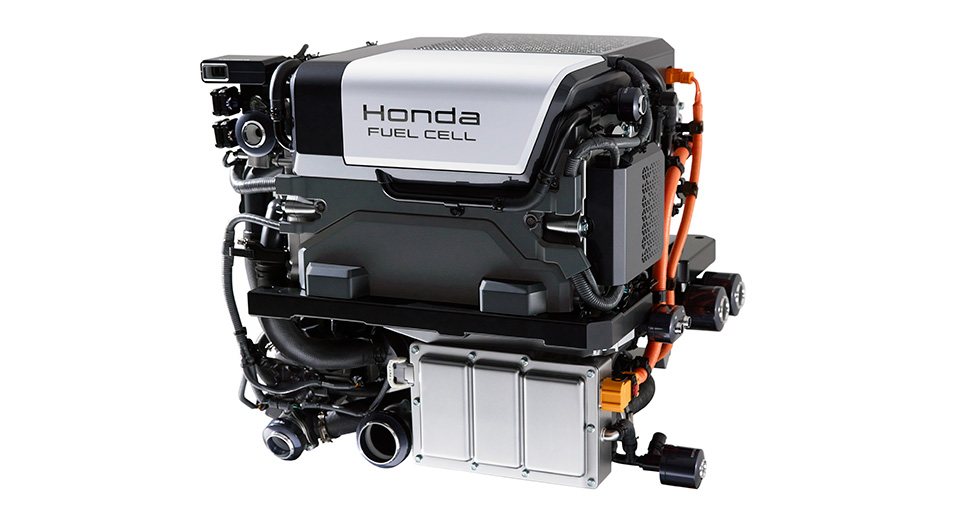What is the difference between a gas and a propane generator?
A gas generator runs on gasoline, while a propane generator runs on liquid propane, which is stored in a tank. The main difference between the two is the type of fuel they use and the way it is stored. Gas generators are generally more portable and easier to find fuel for, but propane generators have a longer shelf life for fuel and can be stored longer without going bad. Propane generators are typically more fuel-efficient and produce less pollution compared to gas generators.
When it comes to powering your home or business during an emergency, a generator can be a lifesaver. But with so many different types of generators on the market, it can be difficult to choose the right one for your needs. One of the main decisions you’ll need to make is whether to go with a gas or propane generator. In this post, we’ll take a closer look at the differences between gas and propane generators and help you decide which one is the best choice for you.
Fuel Type and Storage
The most obvious difference between gas and propane generators is the type of fuel they use. A gas generator runs on gasoline, while a propane generator runs on liquid propane. Gasoline is readily available at most gas stations and is easy to find in emergency situations. However, it has a shorter shelf life and can go bad if not used within a certain amount of time. On the other hand, liquid propane can be stored for longer periods of time without going bad, making it a more reliable option for emergency situations.
Portability
Gas generators are generally more portable than propane generators. This is because gasoline is easier to find and transport than liquid propane. If you need a generator that you can take with you on the go, a gas generator may be the better choice. However, if you plan to keep your generator in one place and only need to move it occasionally, a propane generator may be a better option.
Fuel Efficiency and Pollution
Propane generators are typically more fuel-efficient than gas generators. This means that they use less fuel to produce the same amount of power. Additionally, propane generators produce fewer emissions than gas generators, making them a more environmentally friendly option.
Power Output
Gas generators tend to have a higher power output than propane generators. This means that they can produce more power at one time. However, propane generators are still capable of producing a significant amount of power, making them suitable for most emergency situations.
Cost
The cost of gas and propane generators can vary depending on the model and features. In general, gas generators tend to be less expensive than propane generators. However, when you factor in the cost of fuel and maintenance, a propane generator may end up being more cost-effective in the long run.
In conclusion, both gas and propane generators have their own unique set of advantages and disadvantages. If you need a generator that is portable and easy to find fuel for, a gas generator may be the better choice. However, if you want a generator that is more fuel-efficient and produces fewer emissions, a propane generator may be a better option. Additionally, propane generators are a more reliable option for emergency situations due to the longer shelf life of propane. Ultimately, the choice between a gas and propane generator will depend on your specific needs and preferences.


